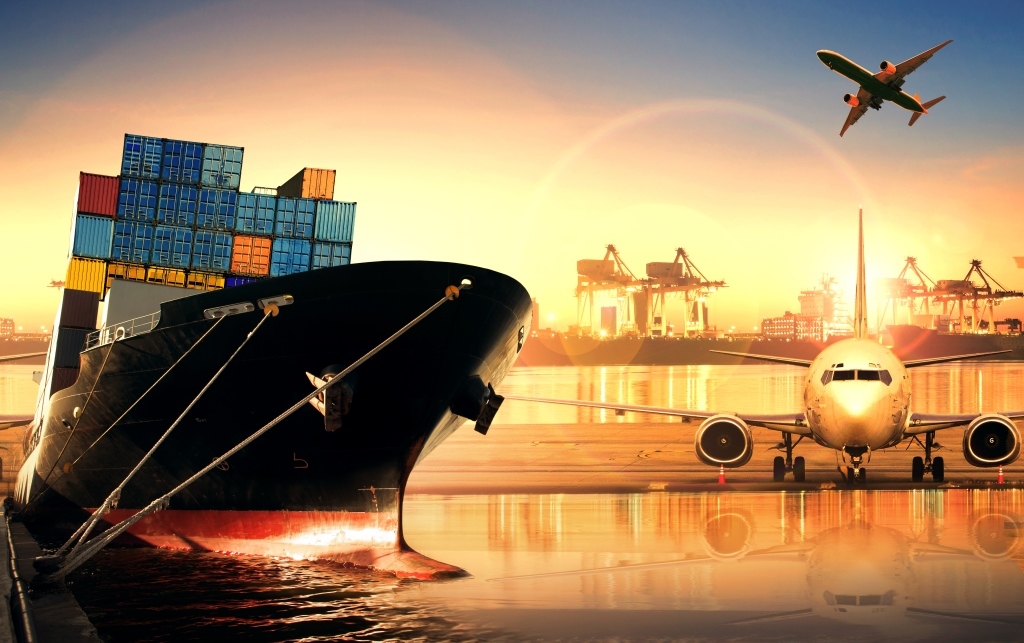Air cargo not yet prepared for Covid-19 vaccine
15 / 10 / 2020

Photo: Shutterstock
A survey of air cargo stakeholders has found that only 28% of the sector feels well prepared for a Covid-19 vaccine.
The Sunrays survey carried out by TIACA and Pharma.Aero found that just 28% say they are well prepared to distribute a Covid-19 vaccine, while 19% say they are very unprepared.
Cargo handlers and airports feel the least prepared, the survey found. Pharma packaging firms, airlines and forwarders feel more prepared.
Participants were asked a range of questions on how prepared they are for a vaccine based on a scale of 1-10, with 1 being the lowest score.
In total, 181 airlines, freight forwarders, ground handlers, airport operators and solution providers responded to the survey.
On a more positive note, the survey also found that the majority of companies had started to prepare for a vaccine.
Preparations include setting up dedicated teams, engaging with partners, mapping and upgrading their capabilities, as well as developing new services.
The main risks to vaccine supply chains were: temperature excursions, lack of visibility, lack of adequate infrastructure, capacity shortages, unexpected delays, end-to-end connectivity, security and costs.
Emir Pineda, member of TIACA’s board of directors and co-lead of the Sunrays project, said: “We as an industry are as strong as our weakest link. To move the needle on industry readiness, we need to ensure everyone is engaged and informed.
“Only with a strong and transparent dialogue between pharmaceutical and air cargo sectors, governments, non-governmental organizations and healthcare institutions can we overcome these challenges. The sooner, the better.”
Looking at areas of priority, the survey found that a focus on industry collaboration between pharma and air cargo sectors; improving visibility and transparency; building adequate capabilities; getting the support from regulators to speed up the process and remove cumbersome procedures, and the help from international organisations and donors to ensure no country is left behind will “ensure maximum air cargo preparedness to meet shippers’ needs and expectations for speed, security, reliability and transparency and ultimately save lives”.
Nathan De Valck, chairman of Pharma.Aero’s board of directors and member of the Sunrays project, added: “We are still at early stages of industry preparation for the transportation of Covid-19 vaccines and there are still a lot of unknowns.
“Delivering Covid-19 vaccines is a life-saving mission which will need a combination of people, infrastructure, standards, packaging solutions and collaboration. Getting the equation right requires us to work together now.”
The survey also found that 49% of companies would add additional and/or premium services to handle the vaccine. This includes dedicated teams, 24/7 availability, special care services, airside thermal protection, extra insurance, express booking, fast breakdown, clearance at anytime and special handling and monitoring services.
Meanwhile, 36% said they would invest in extra infrastructure, such as staff, training, loggers, sockets, containers, charter flights, cool rooms, software and communities. A further 41% said they may invest in extra infrastructure.
More than 80% said they could offer 2-8 degrees Celsius temperature-controlled services, 75% said they could offer 15-25, around 60% said they could do -20, around 15% -80 and just under 10% said they could not cater for temperature-controlled shipments.














